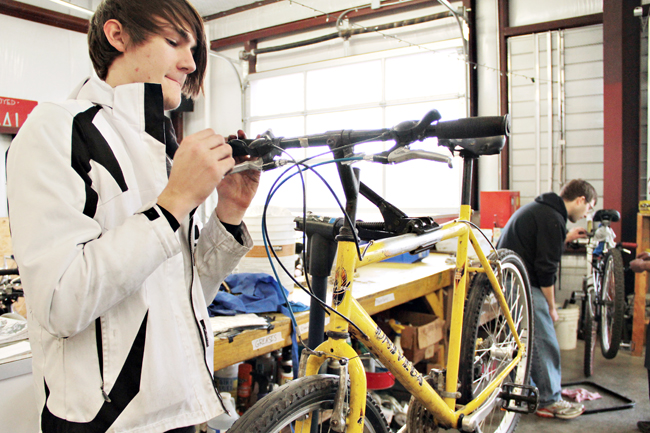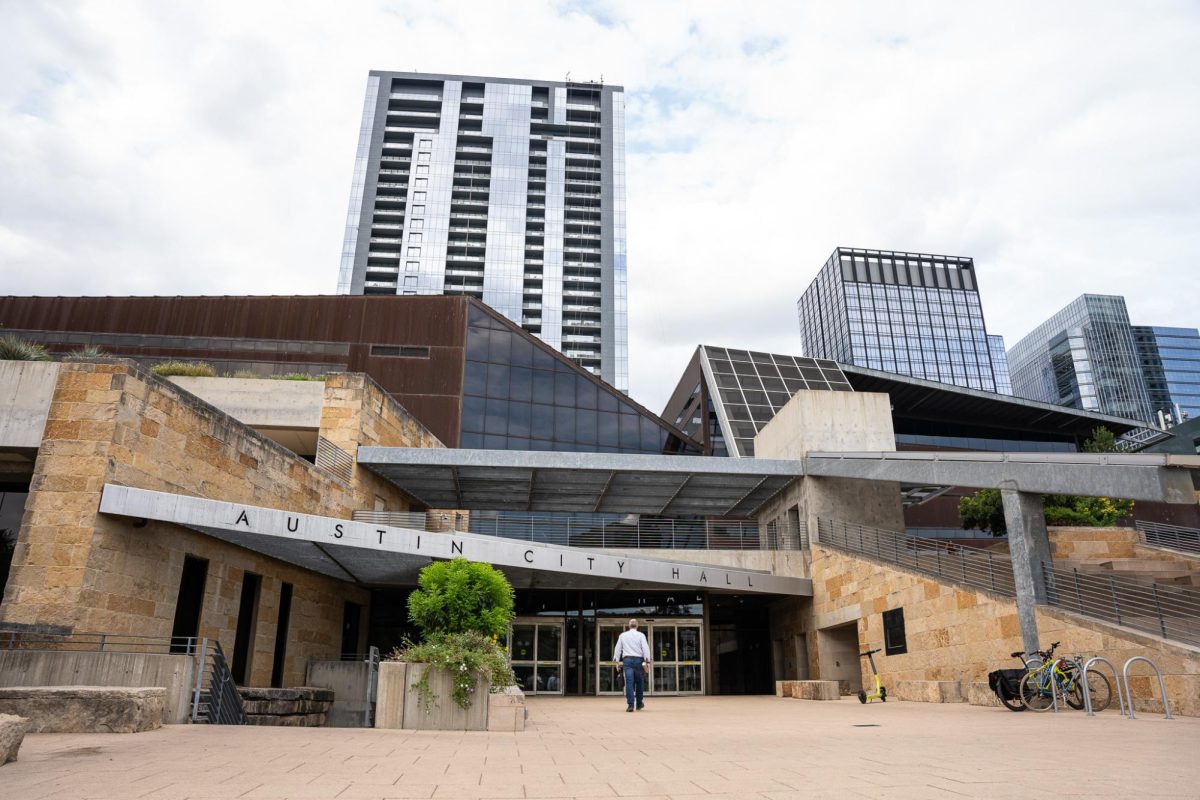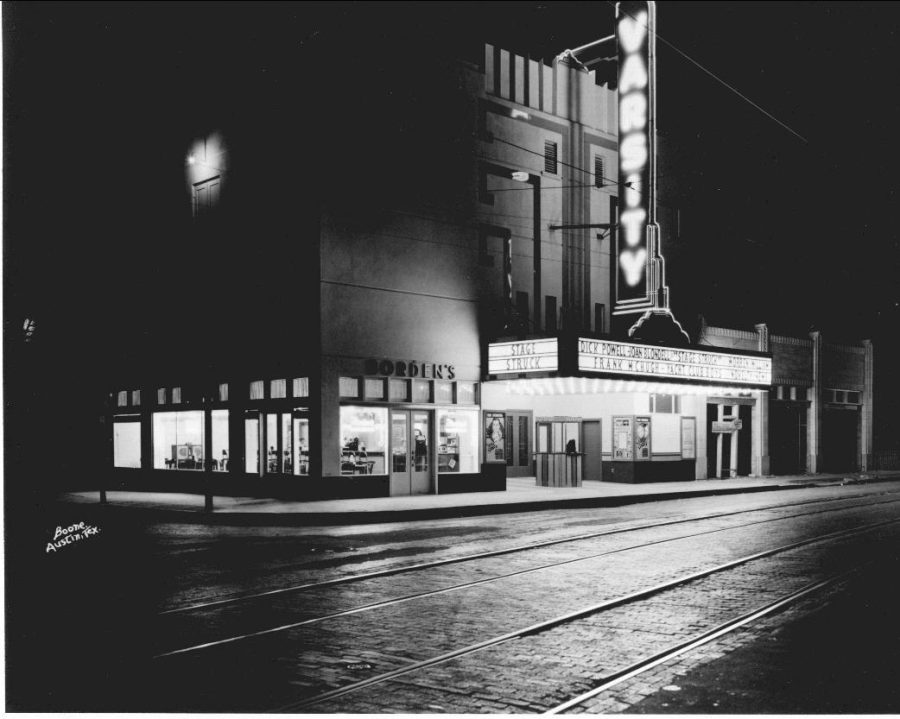Austinites will soon have a new way to travel around downtown through the upcoming Bike Share Program between a local bike shop and a city organization.
The program began in December when the Capital Area Metropolitan Planning Organization agreed to give a $1.5 million grant to a private partner if they were willing to raise an additional $500,000 to get the program started. Craig Staley, general manager of Lance Armstrong’s Mellow Johnny’s Bike Shop, said he offered to be the private partner and has received sponsorships from Austin companies to support the program.
“We all think of Austin as a big cyclist city and know it is cheaper to paint a white stripe down the road for a new bike lane than it is to buy more buses that will congest downtown anyway,” Staley said.
Bike Share kiosks will be set up where customers can rent bikes to ride to their destinations and then leave at another kiosk, where the bike sharing cycle continues, he said.
The Bike Share Program should not be confused with Austin’s Yellow Bike Project from 1997, which was similar but less secure and soon had all of its bikes stolen.
“The Bike Share Program and the Yellow Bike Project are like two completely different animals,” Staley said. “We are a business. They were a community activist organization that wanted to offer free bikes and hoped everyone would be honest.”
Staley said the Bike Share Program will start with about 450 bikes placed at different kiosks around downtown and East Austin. Staley said Bike Share members will pay about $60-70 a year, with no usage fees for the first 30 minutes of use per day. Nonmembers can pay about $10 to rent a bike for a day. Weekly rentals may be offered, too, Staley said.
“A weekly rental will be great for tourists here for South By Southwest to get around,” Staley said.
Staley said GPS systems will be installed in the bikes to prevent stealing.
“About 400 cities around the world use this system and 20 so far in the U.S,” Staley said. “We talked to many of them, and out of the hundreds of bikes in each city only about one or two are stolen.”
Sara Hartley, Public Works Department spokeswoman, said CAMPO probably offered the grant because there are numbers to prove the security of the system.
“CAMPO offered the grant, but the planning and application of the program is really in the hands of the companies sponsoring it,” Hartley said. “Research shows the success rate of this system is really high around the world and I think that’s what really helped in getting this grant.”
There are no plans to place kiosks on the UT campus in the first wave of the program’s implementation, but Staley said he hopes to eventually put about 15 around UT, especially in West Campus.
“I would definitely use the [Bike Share Program],” said advertising junior Benita Zhang. “Especially so I don’t have to walk back home late at night when the buses stop running.”





















